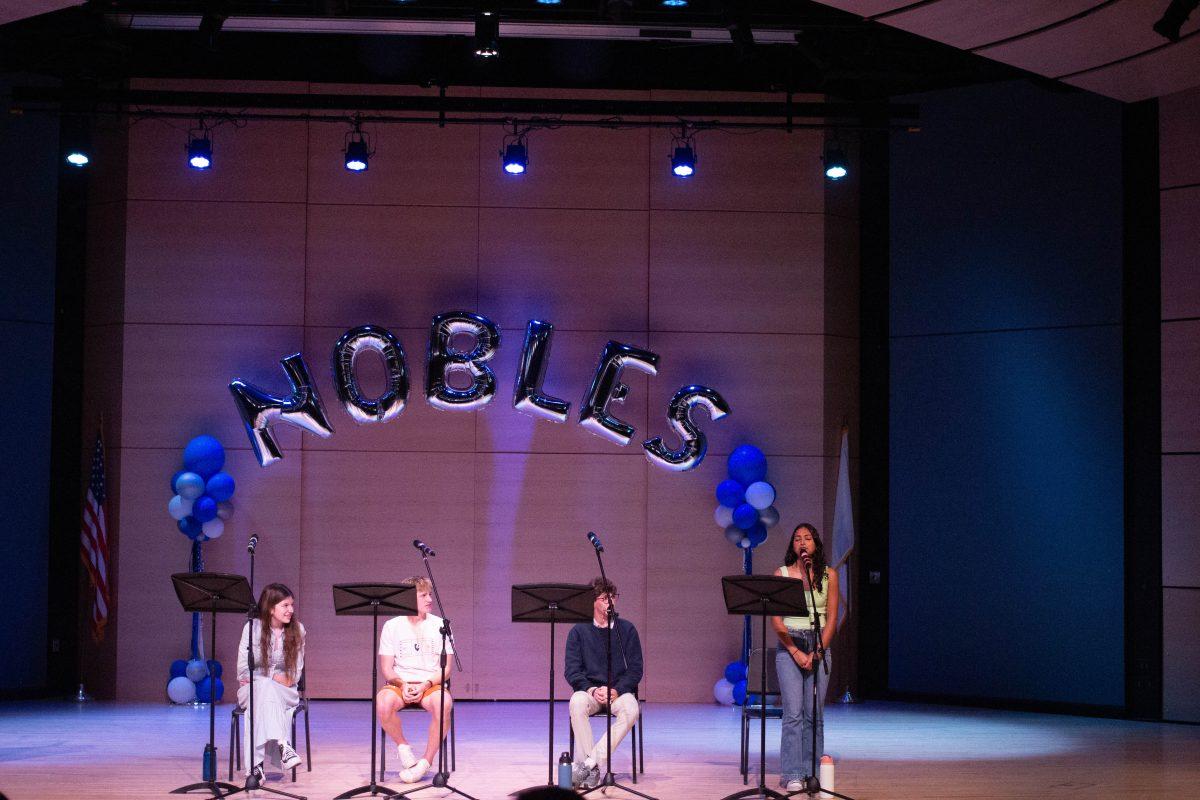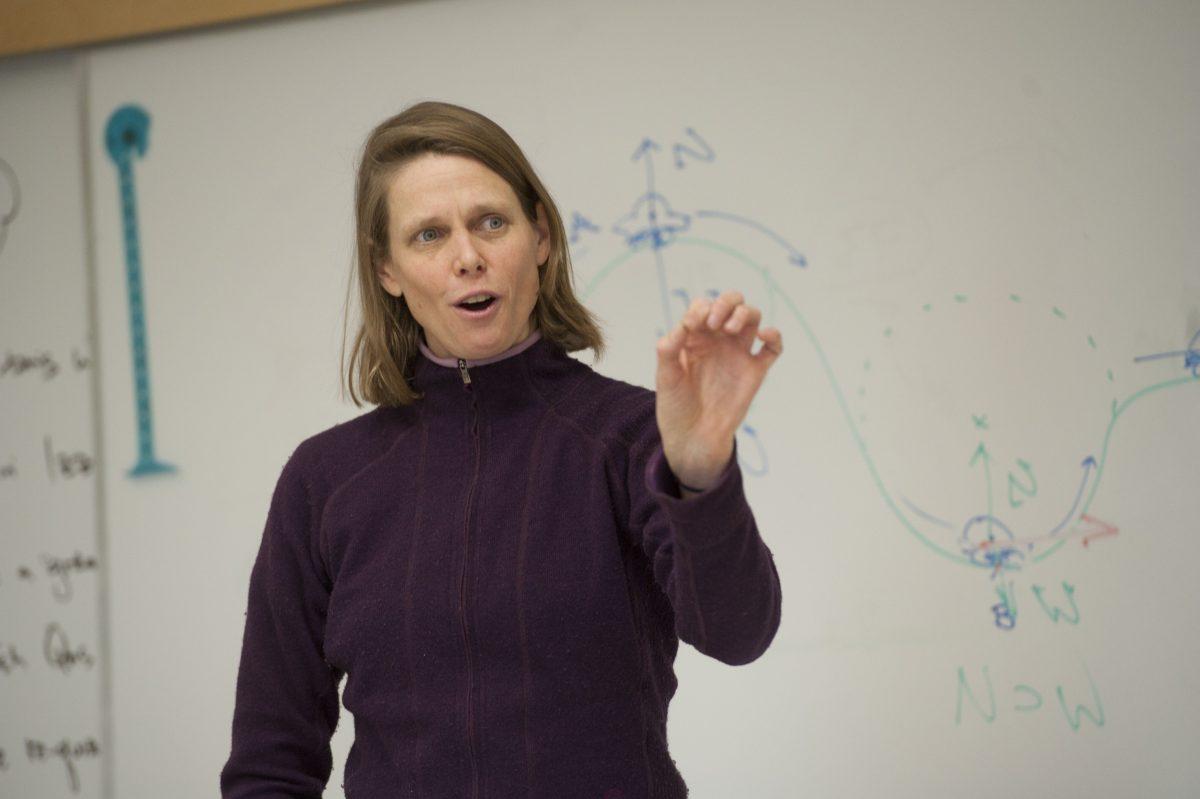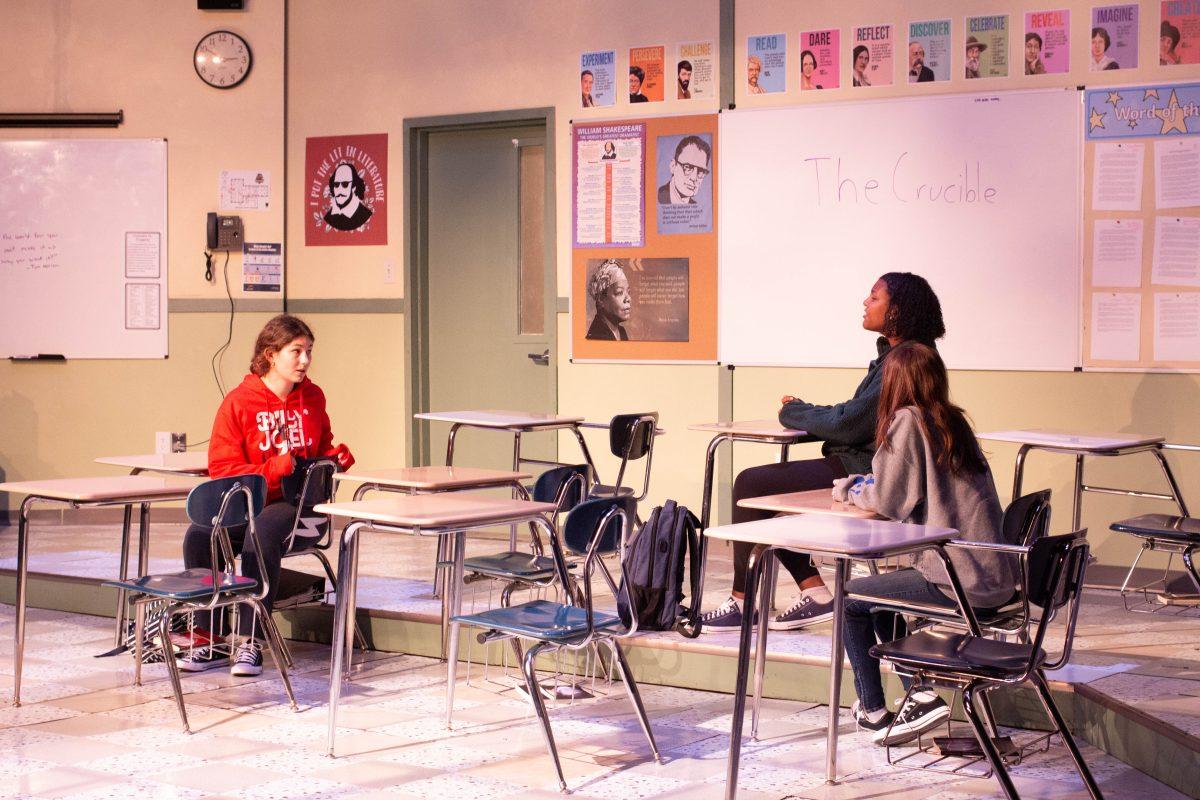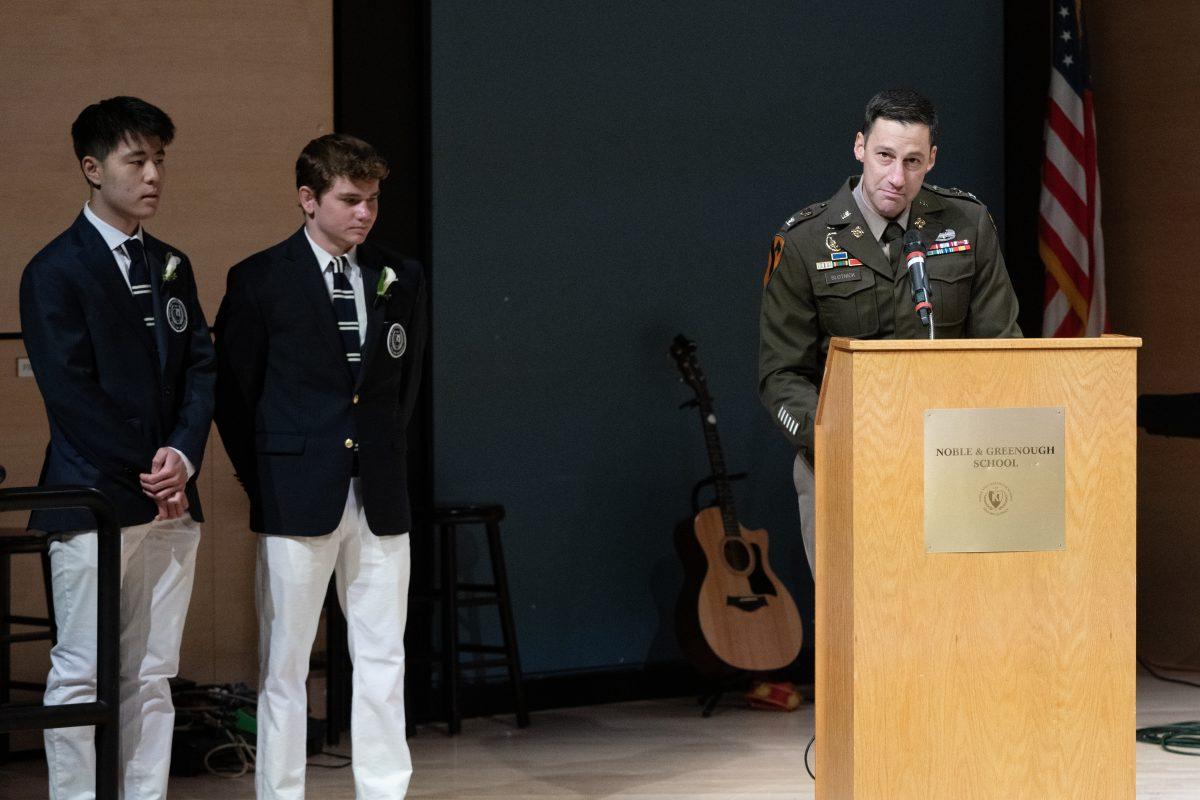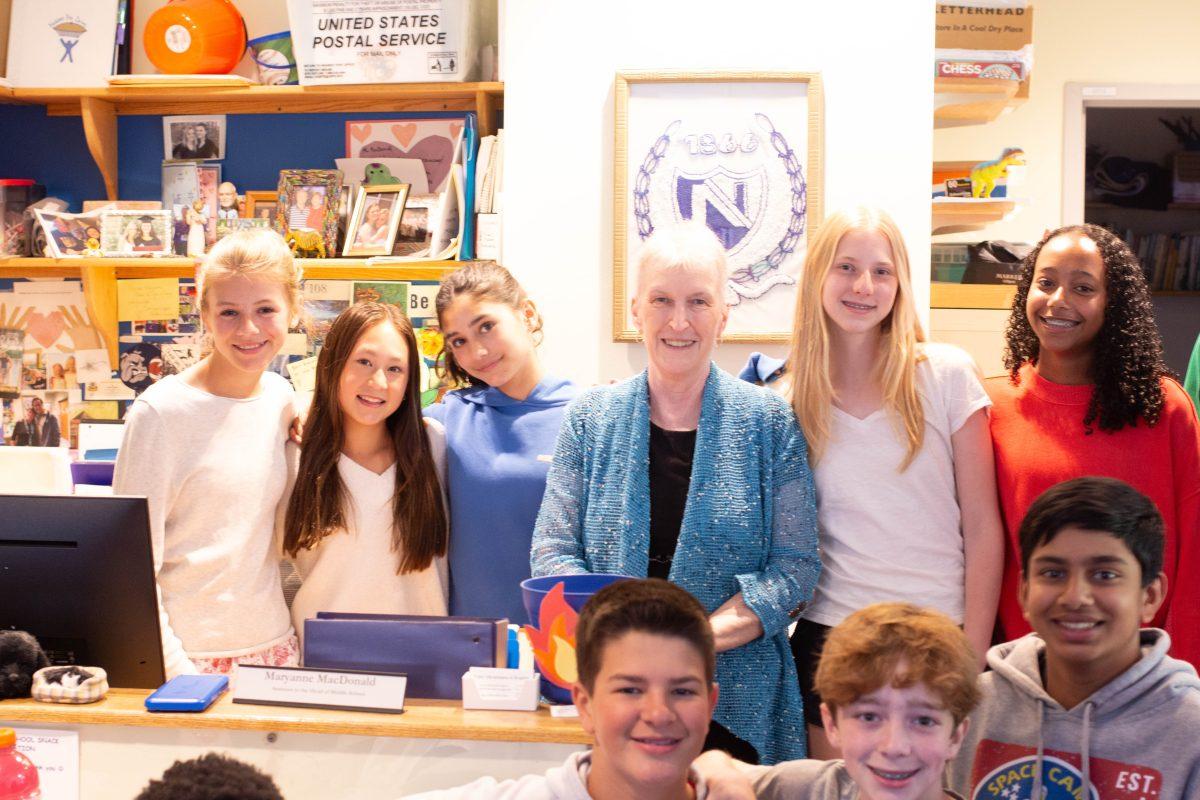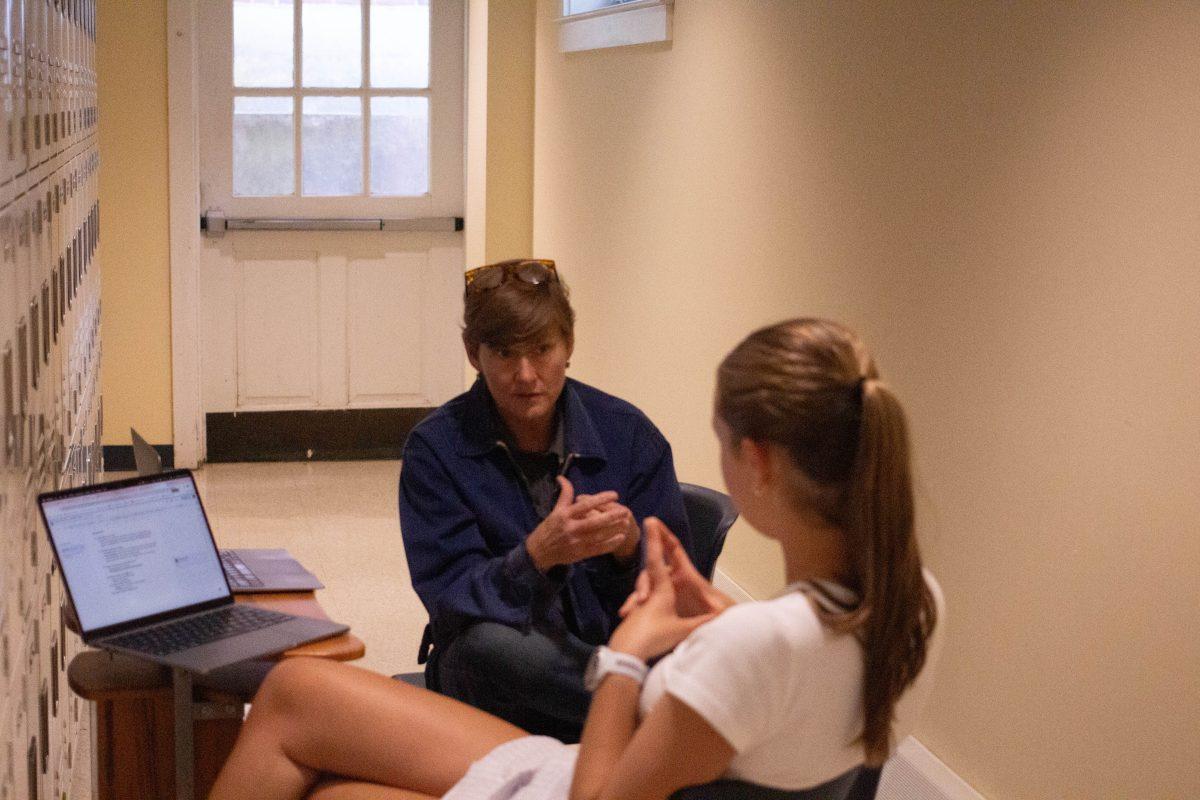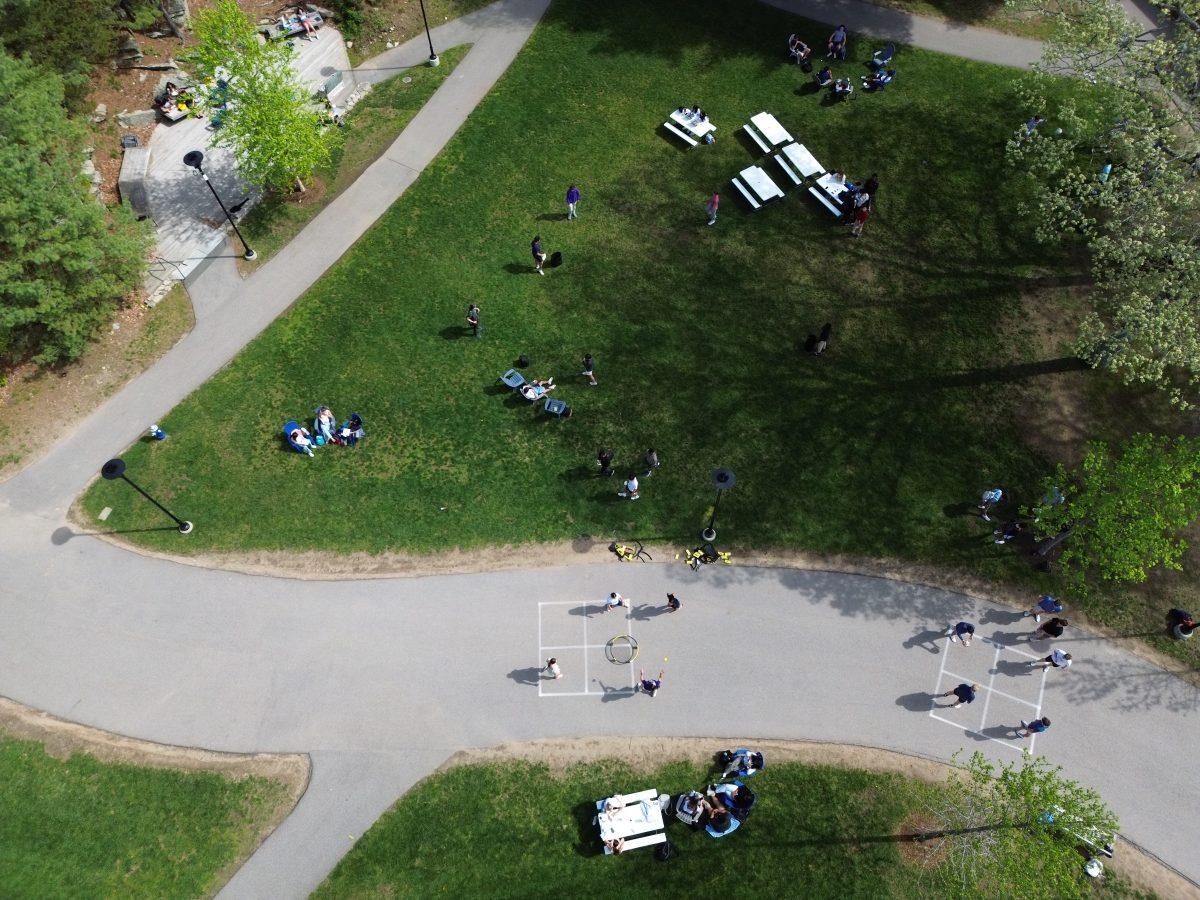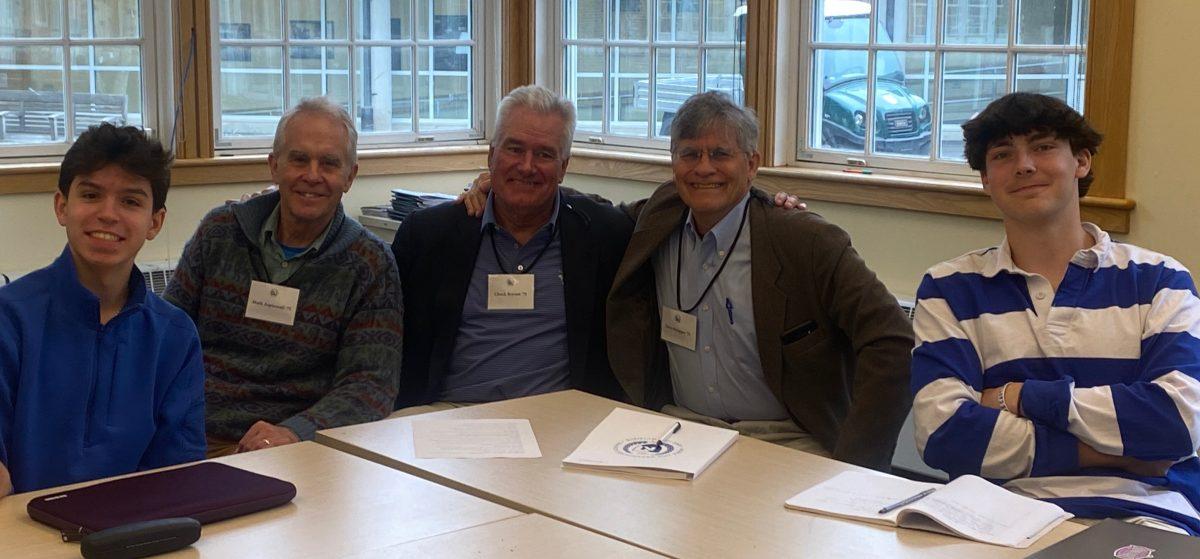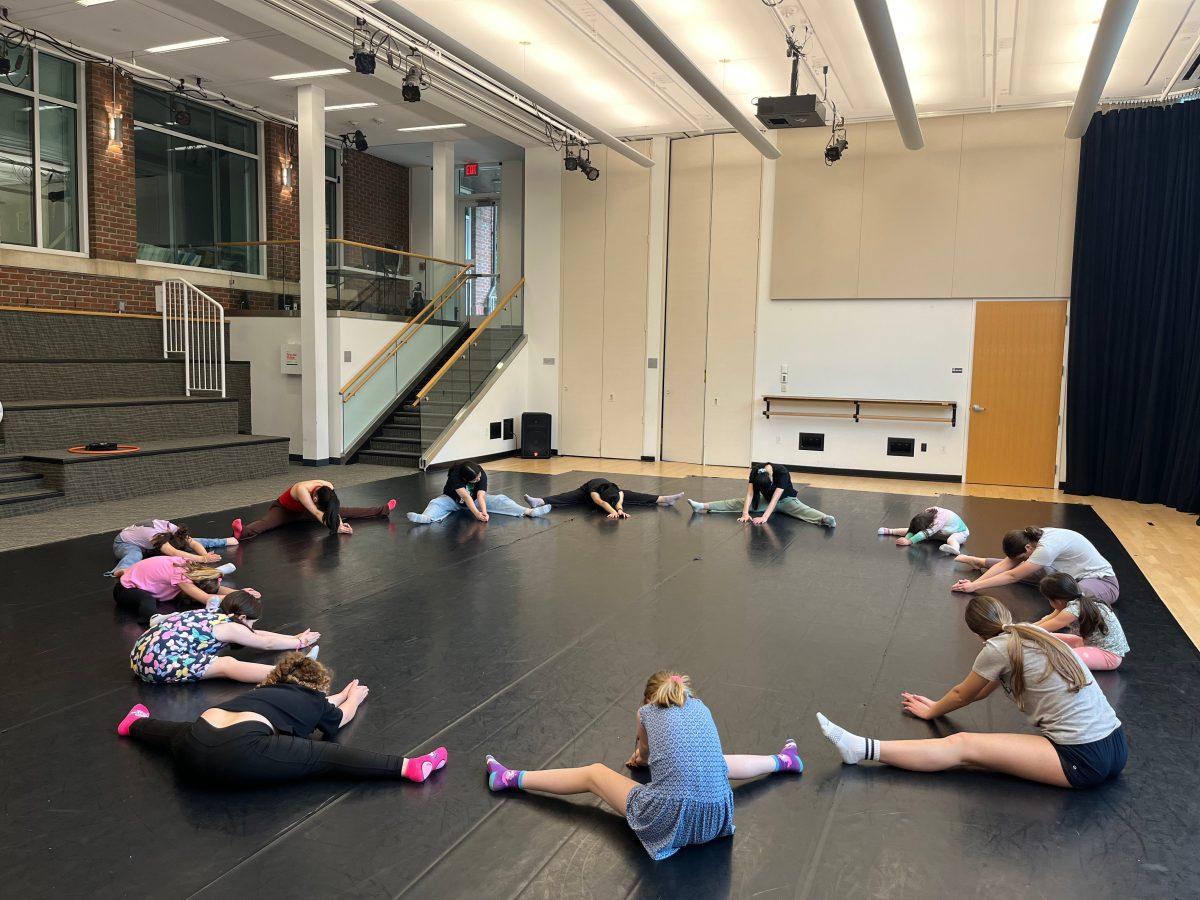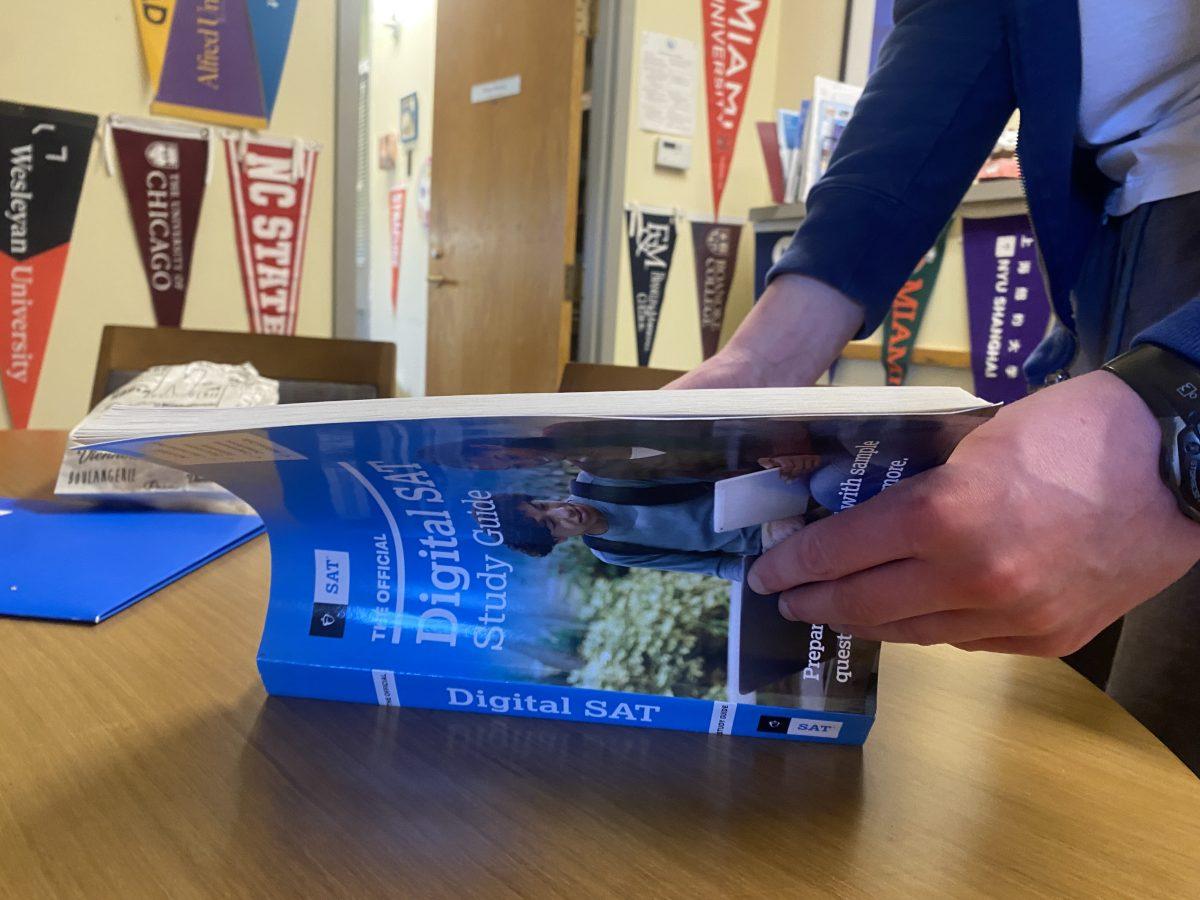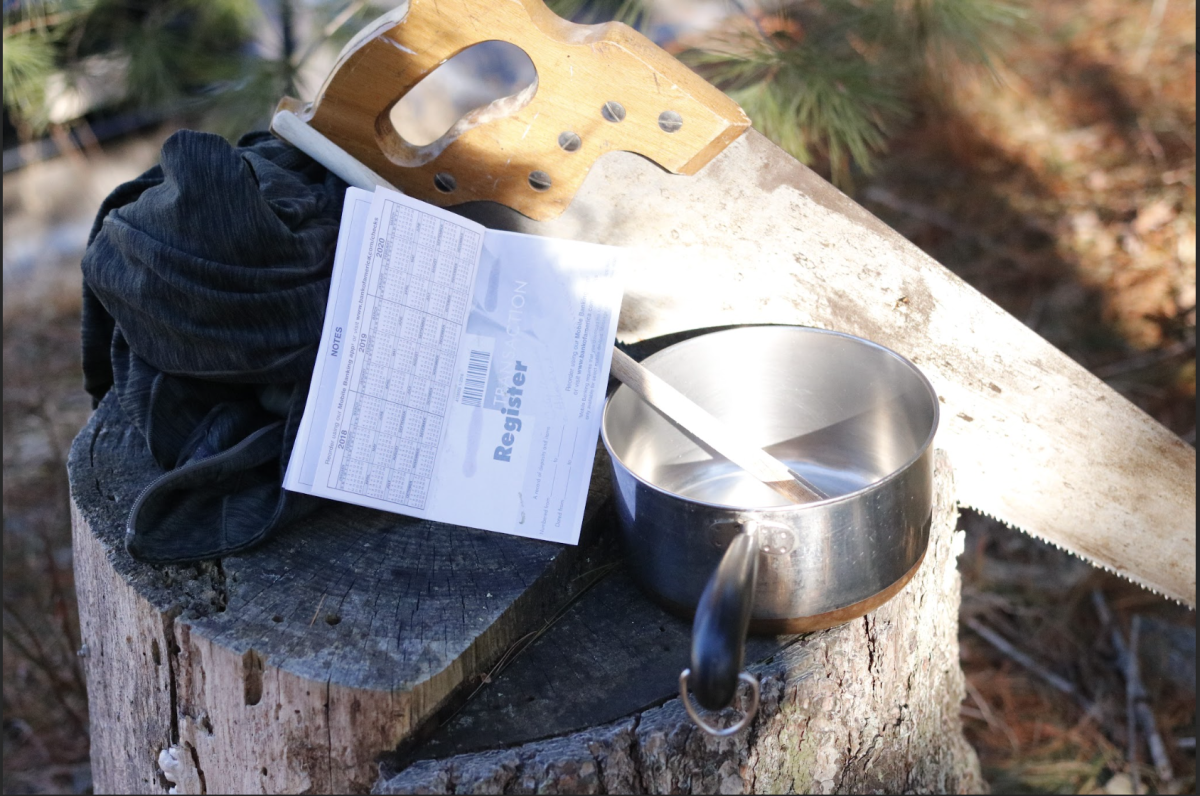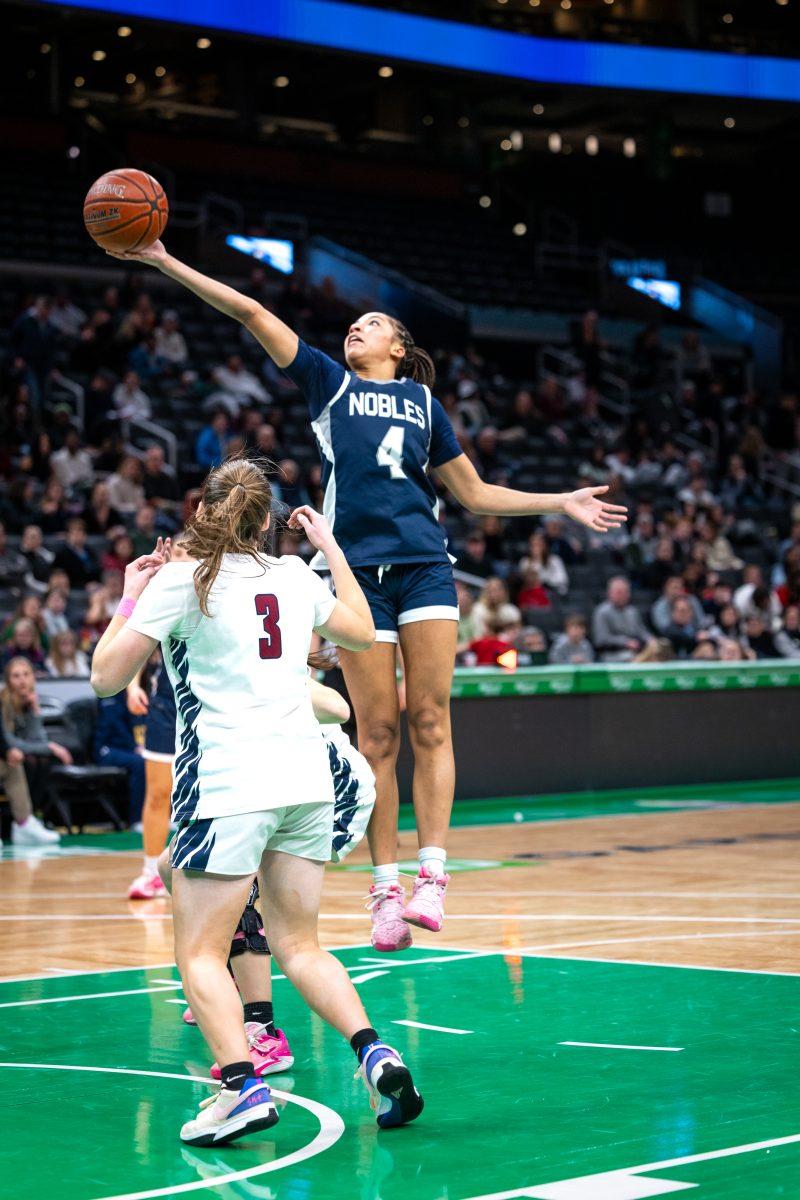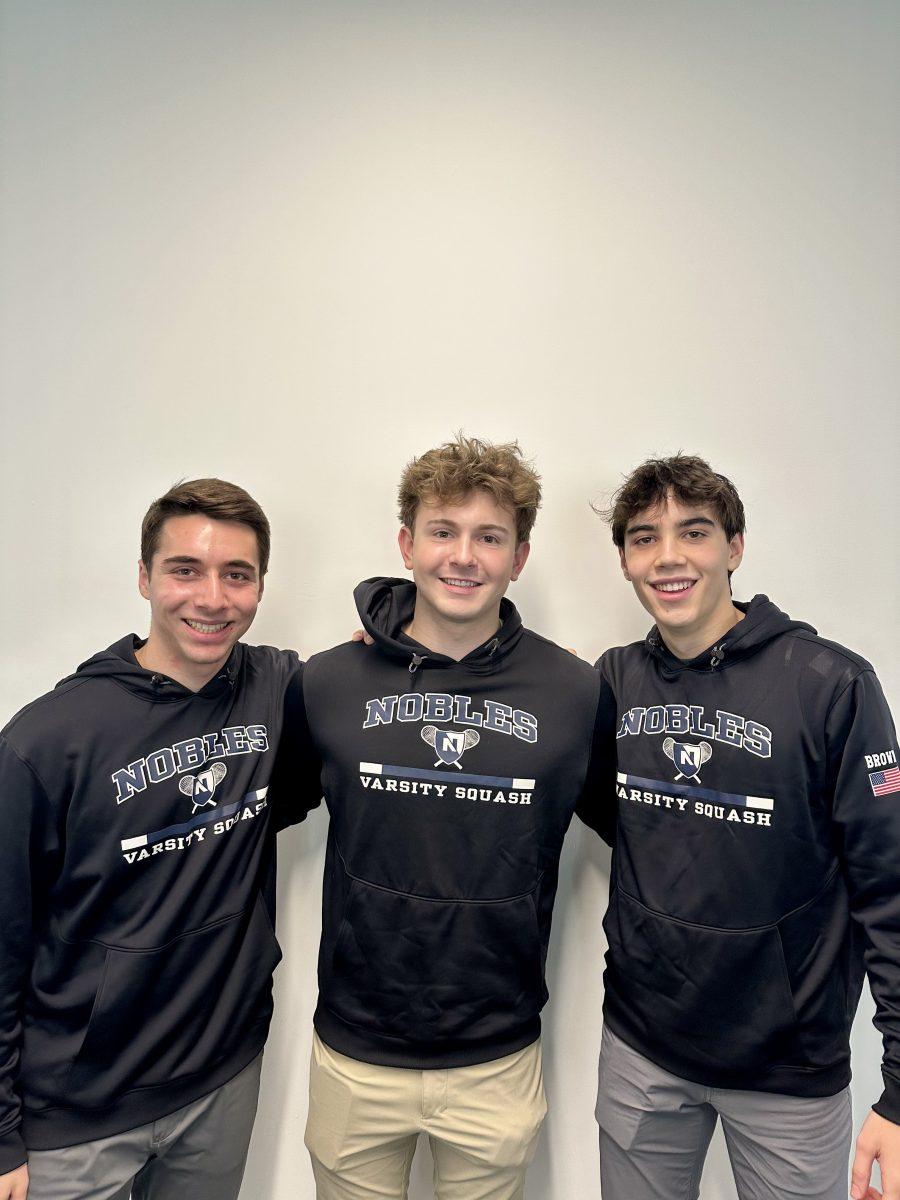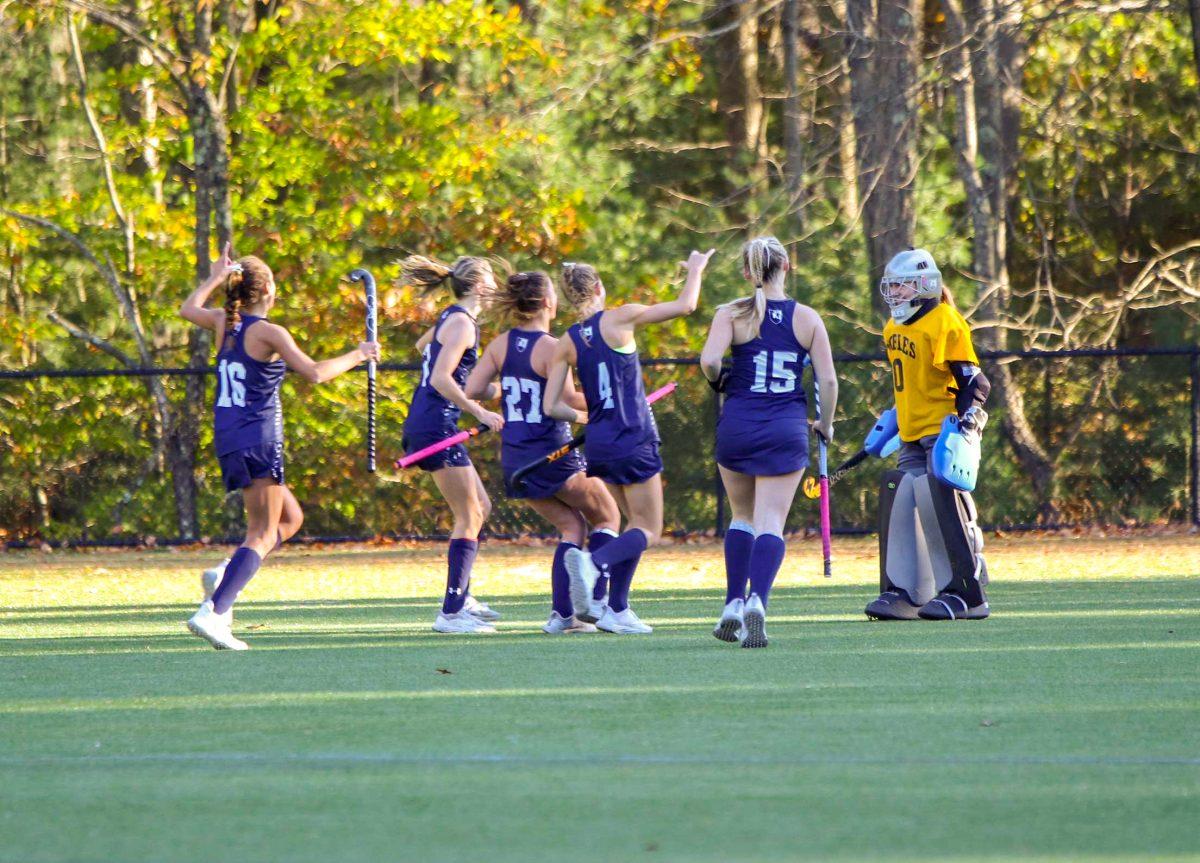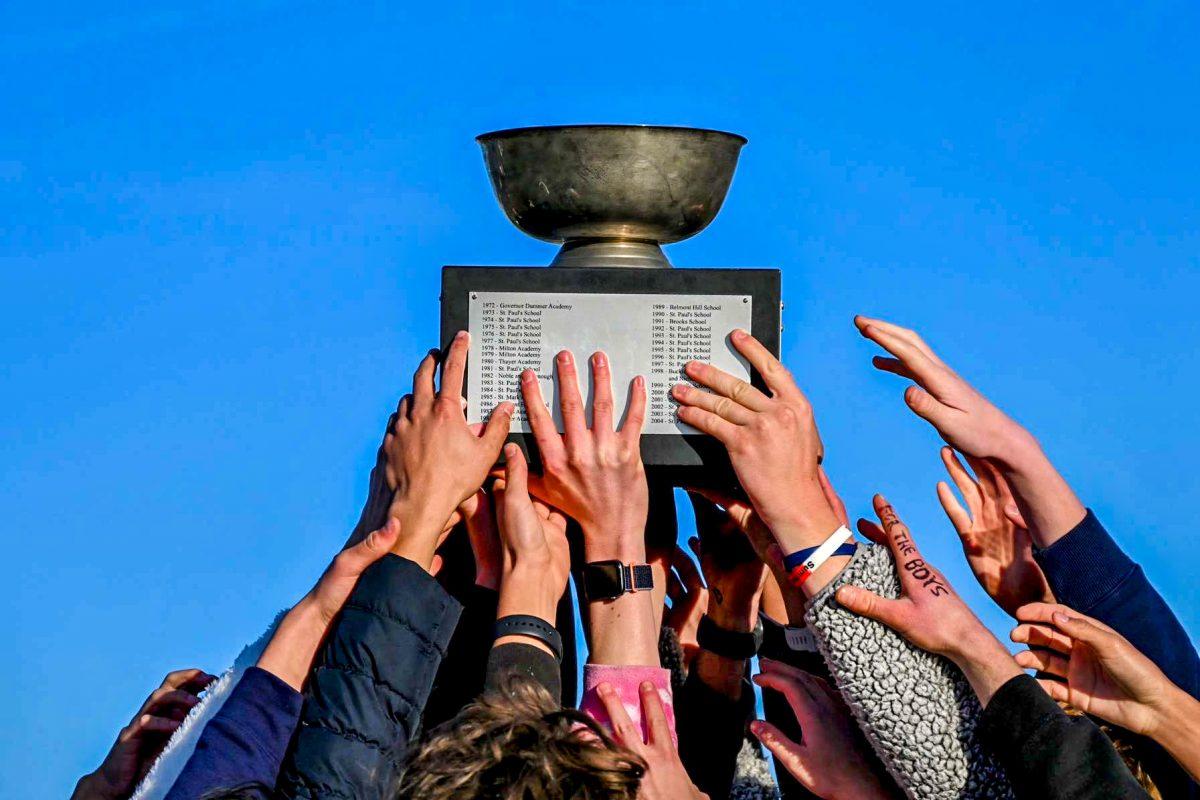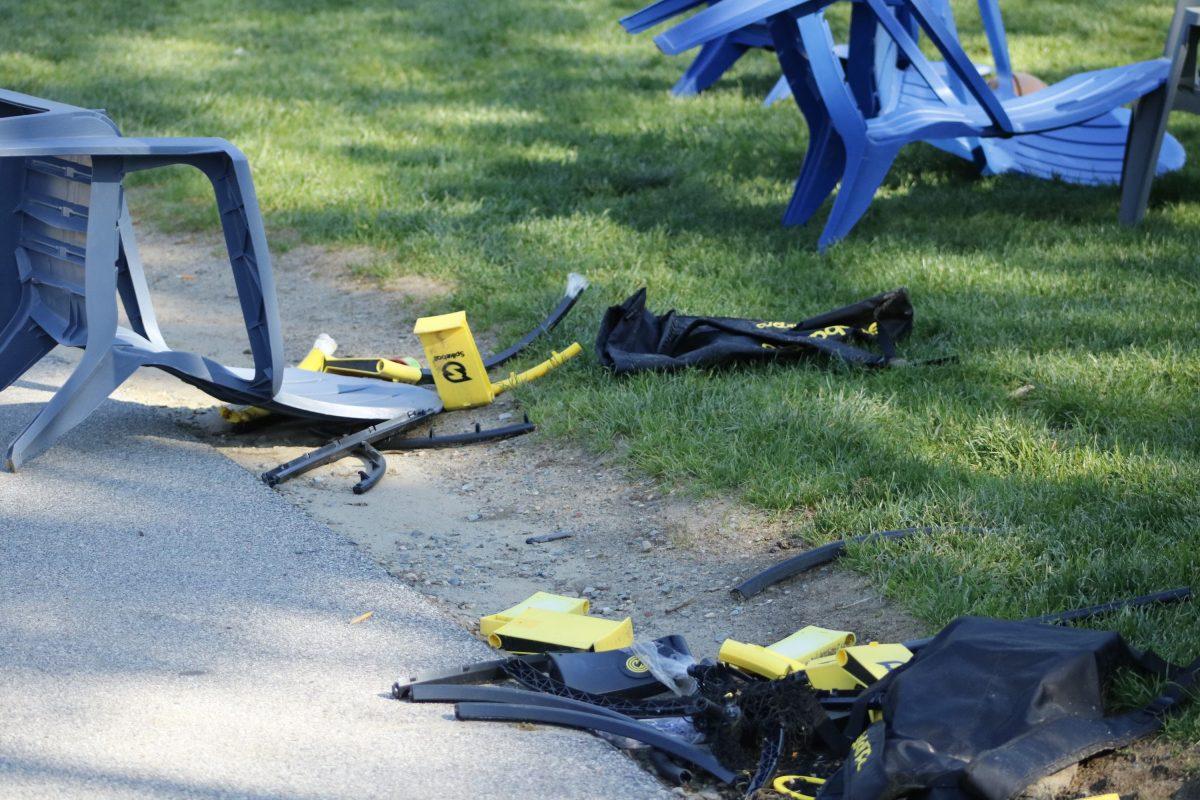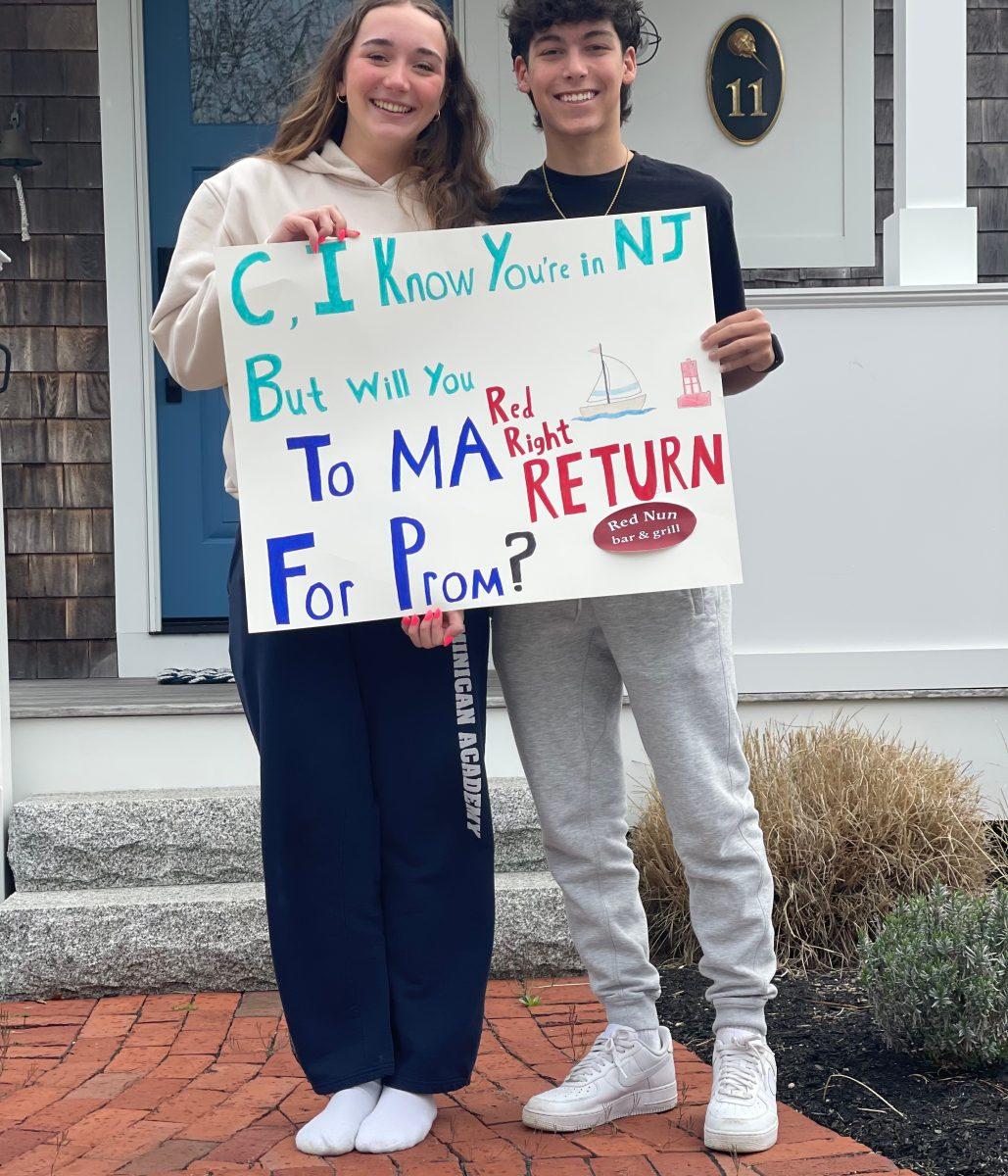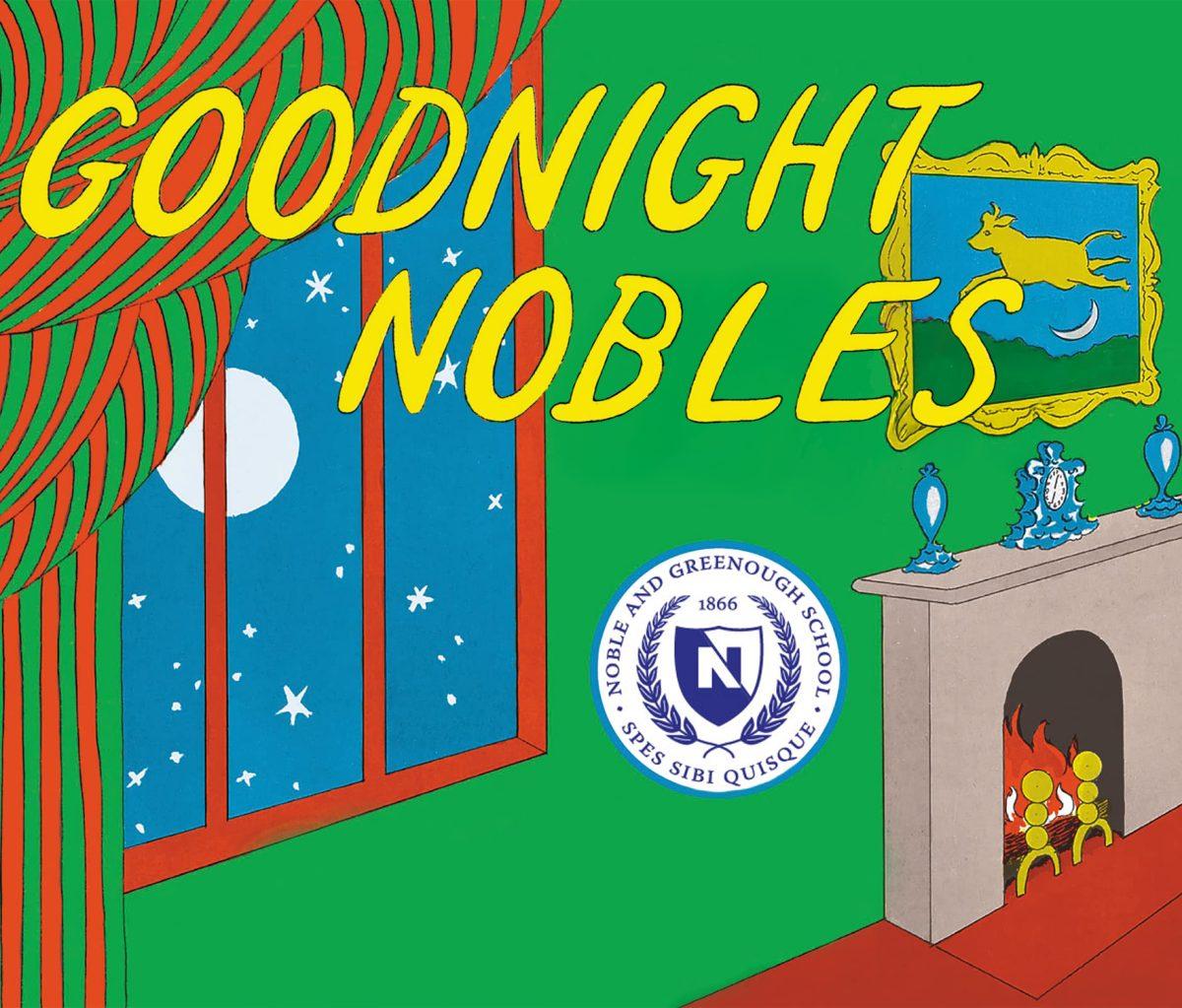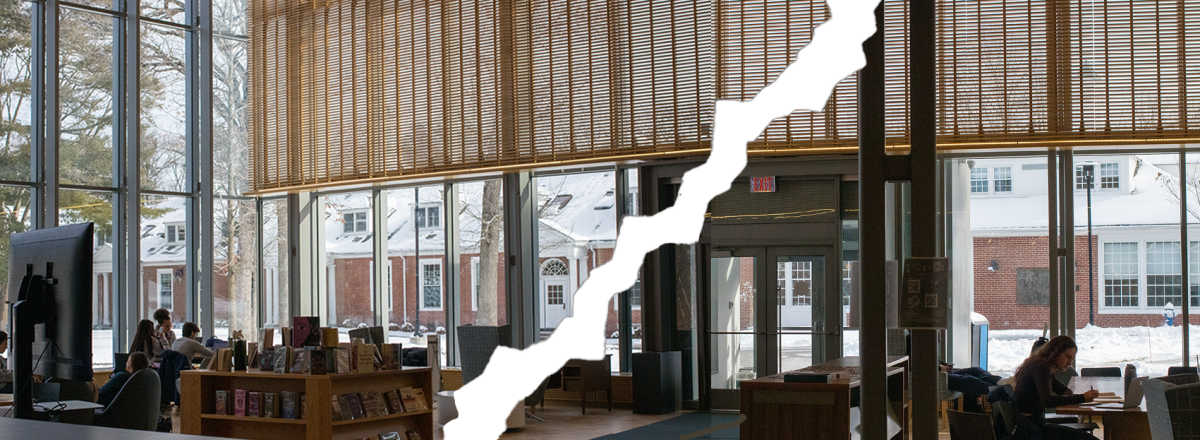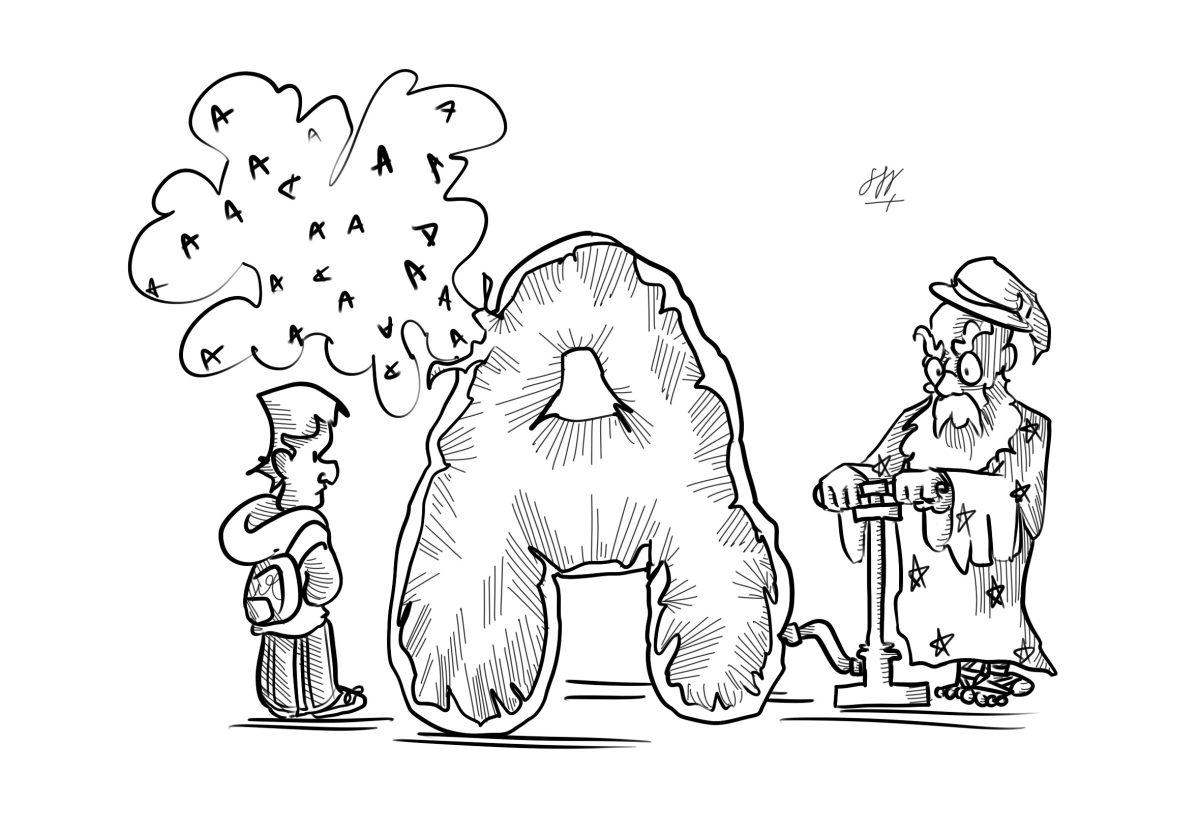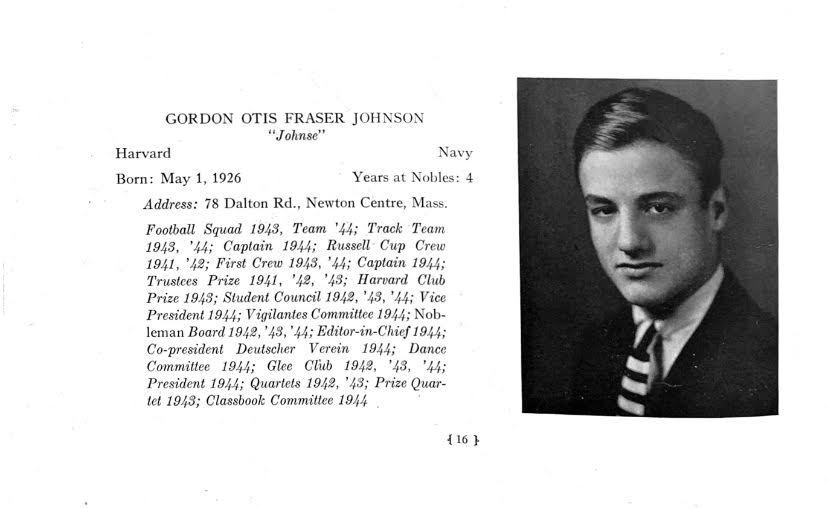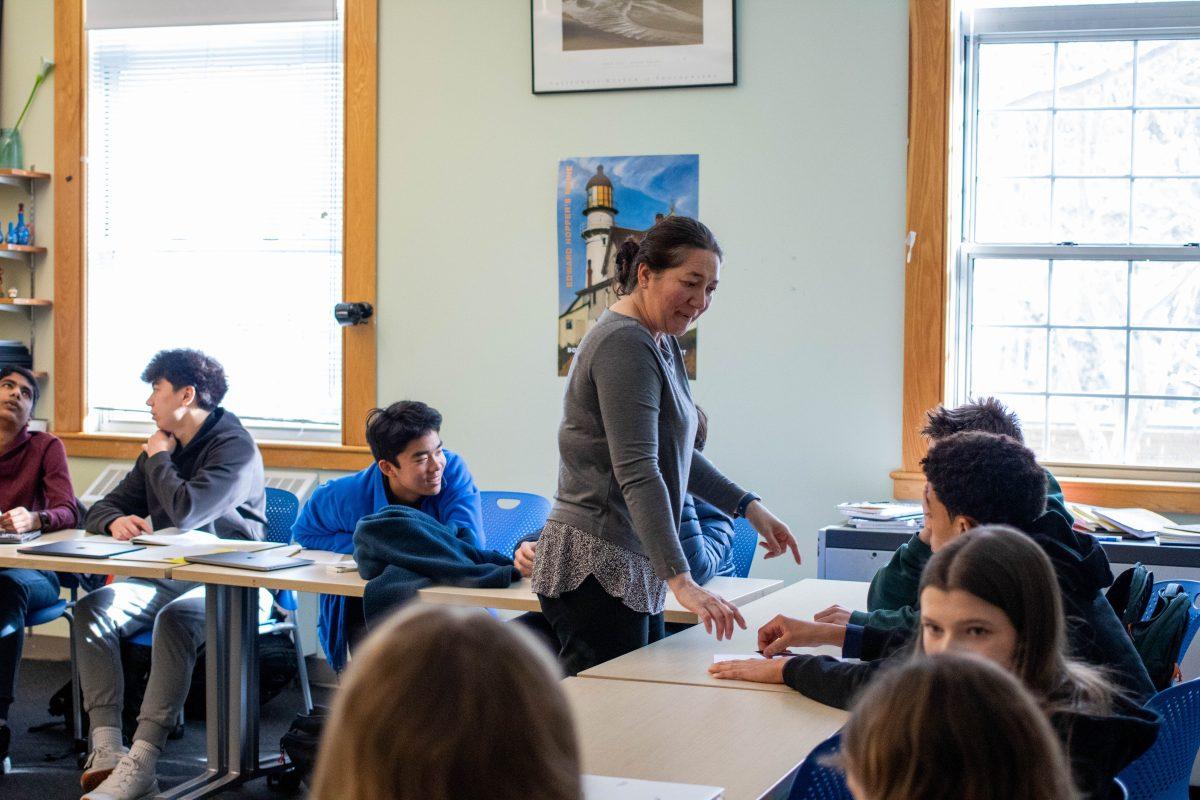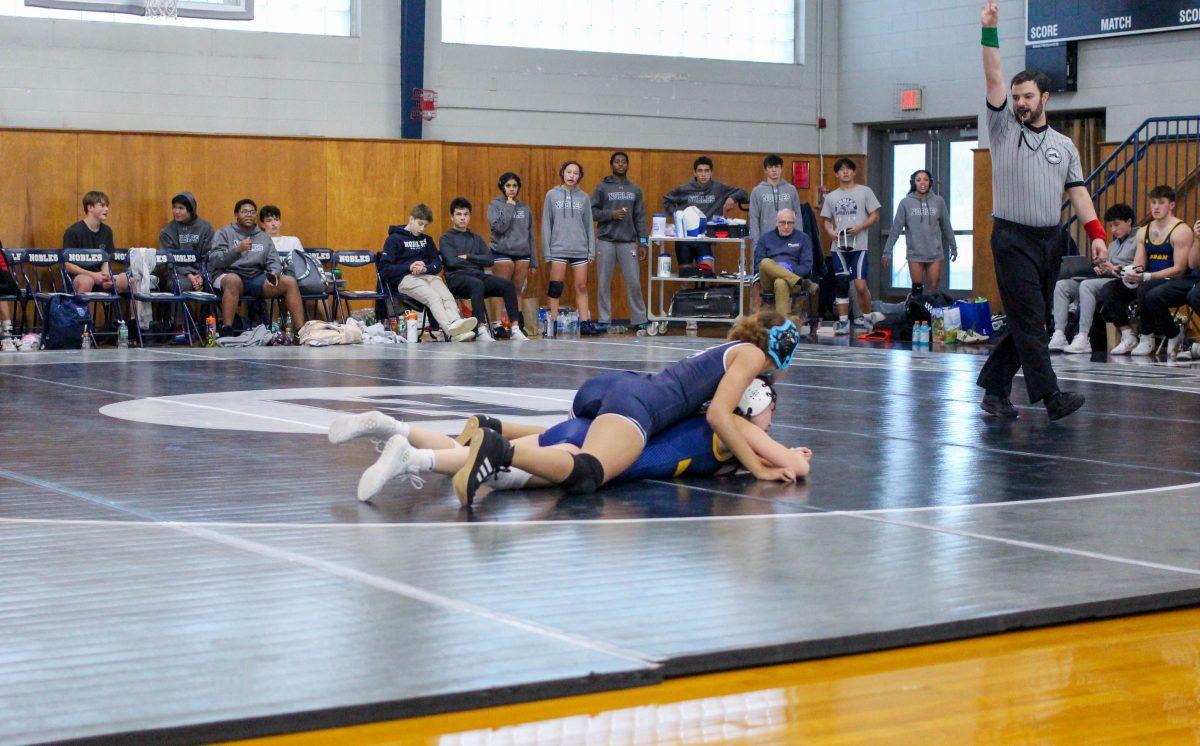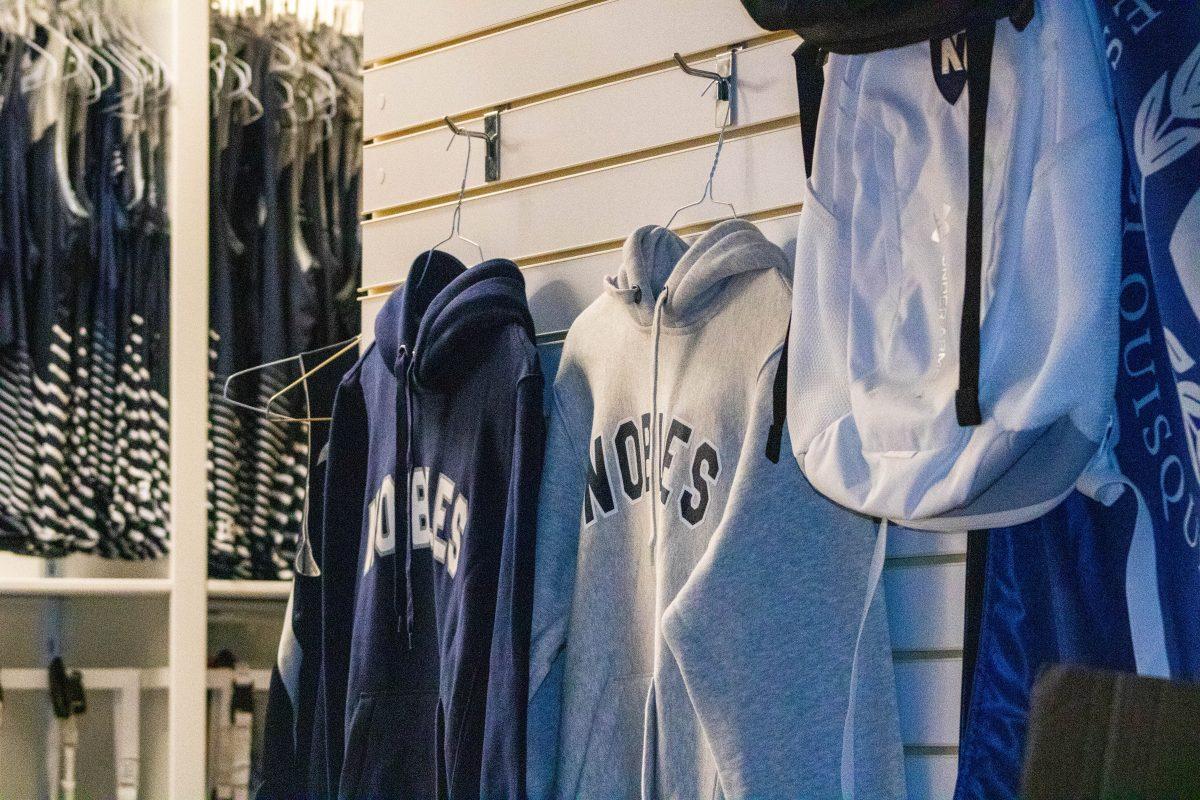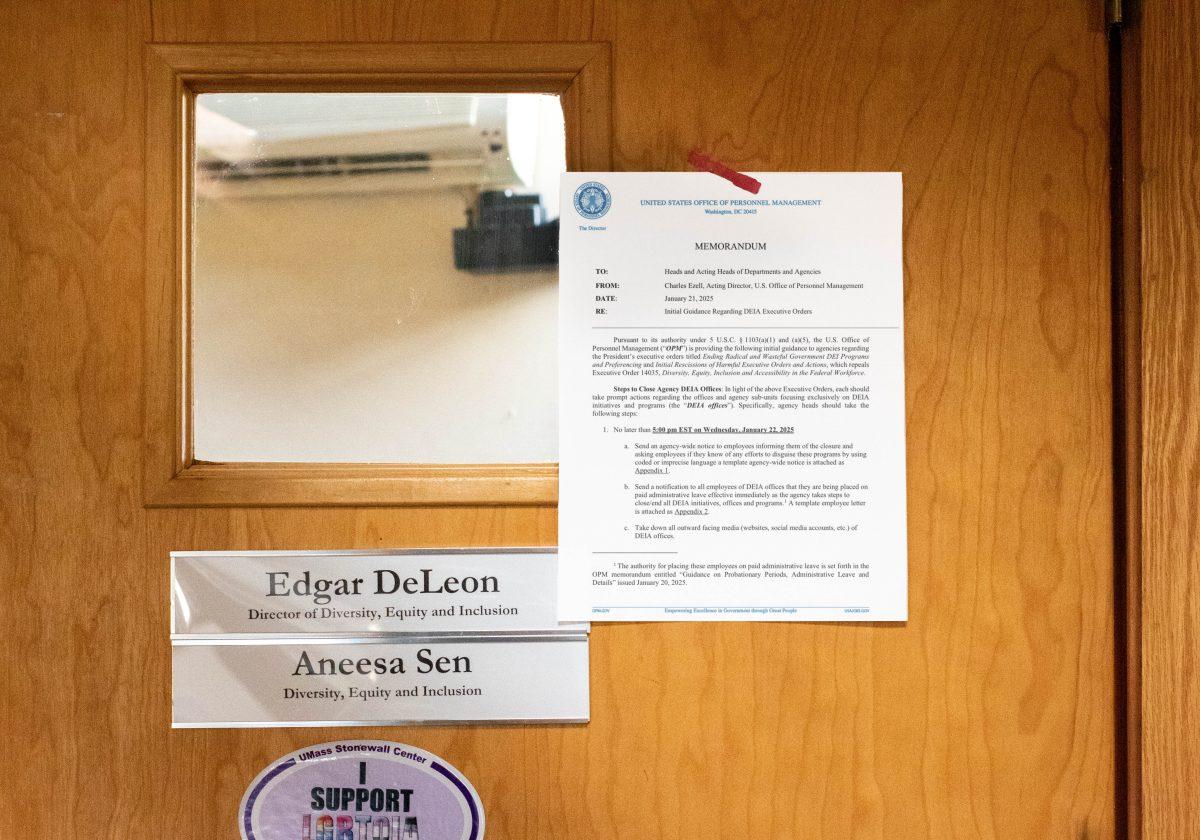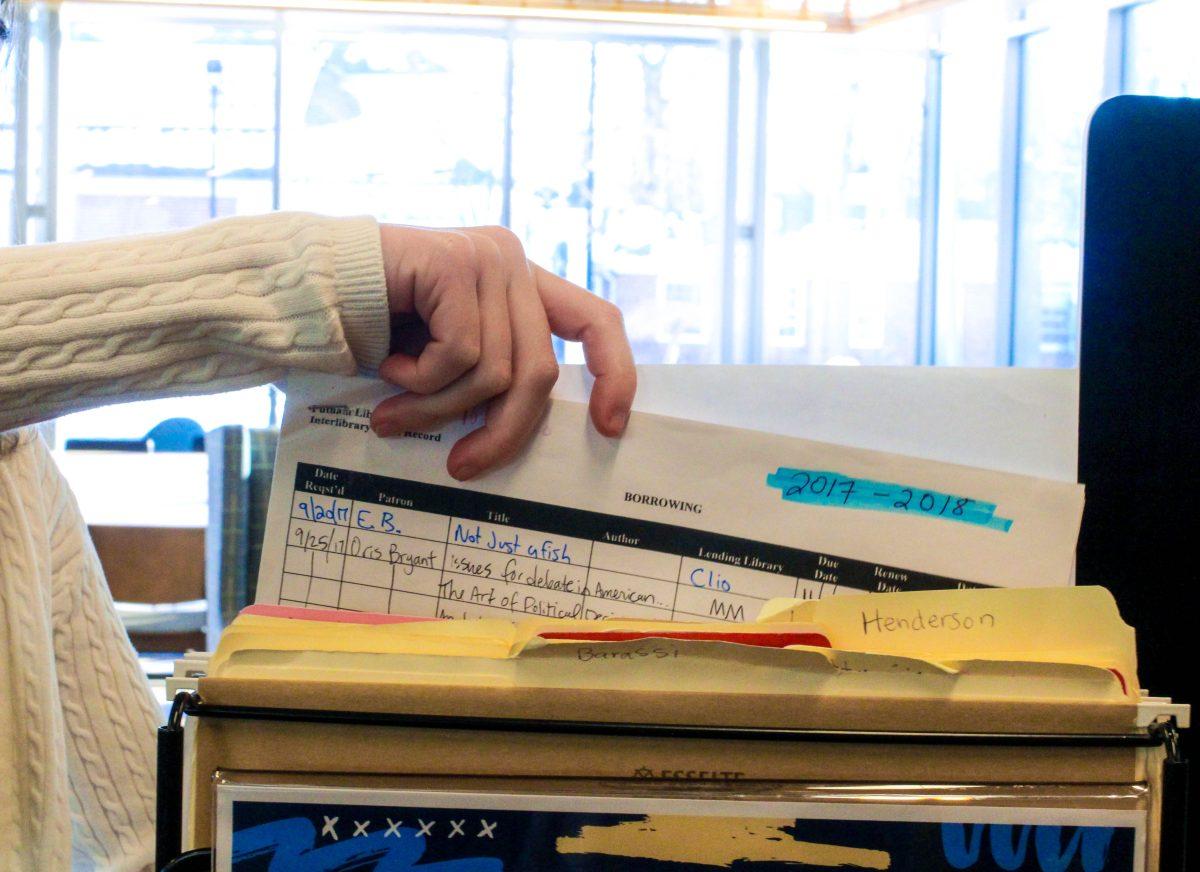Seniors are often put on a pedestal within the Nobles community. Younger students from all grades see them as the leaders of the student body. “Everyone in my grade remembers the seniors [from] when we were freshmen, even if they did not remember us,” Arthi Vithiananthan (Class I) said. This phenomenon is known as seniority: the idea that those who spend more time and have more experience at Nobles deserve more privilege within the community. This theme manifests itself in the academics and athletics at Nobles as well as in various spots on campus.
“Everyone in my grade remembers the seniors [from] when we were freshmen, even if they did not remember us.”
Perhaps one of the most exciting aspects of senior year is the ability to choose more electives. During their first three years of the Upper School, students have a relatively structured class schedule, especially with the new changes in the history curriculum. However, seniors have the opportunity to choose their classes and, with some input from their college counselor, the level of difficulty within that schedule. Moreover, in electives with students from multiple grades, seniors still have priority in being selected. “With classes like electives, the seniors are always going to get first pick,” Vithiananthan said. Matthew Welch (Class I) believes that this sense of privilege is justified: “I think it is part of the academic system at Nobles,” Welch said. Thus, seniority’s influence permeates throughout academics at Nobles.
“I think it is part of the academic system at Nobles.”
Beyond the classroom, seniors also get preference on sports teams. In many cases, seniors are guaranteed a spot on varsity rosters, even if younger students may display a higher level of skill or potential. This can often be a point of contention, especially for underclassmen who feel that their talent and hard work are being overlooked. However, once these students are on the team, they are expected to guide the players. “I think on sports teams, seniors are naturally the leaders,” Isabel Goddard (Class II) said. Therefore, there is a positive balance between leadership and the privileges that are inherently tied to athletic seniority.
Finally, some of the most prominent locations on campus highlight that seniority at Nobles is inevitable. With the renovation of McLeod Field, there are nearly 40 spaces specifically designated for seniors. Additionally, in assembly, seniors are assigned to seats with better views of the stage. Their seats are higher up in Lawrence Auditorium, a reflection of seniors’ place within the Nobles community. Lastly, in terms of alcoves, seniors, and even juniors, are given better, more luxurious spaces. Their respective corners of the Reading Room are adorned with comfortable seating and ample space to work. These examples of seniority demonstrate that Nobles is inherently unable to fulfill its goal of uniting the entire community. Rather, by granting seniors (and in one case, juniors) better resources and more privileges, the school is more divided between grades than the administration likes to acknowledge.
“Freshmen and sophomores look up to the
seniors, and that means they have more
responsibility that comes with privilege. ”
With seniority comes leadership and responsibility. “I would say there’s a leadership role in assembly of following the rules and not having your phone out. And athletically, most of the captains are upperclassmen. You’re looking to them to get you in the right headspace, give a motivational talk, keep the team organized, and keep the culture healthy,” Welch said. Chris Yoo (Class III) thinks this is also present in clubs. “Freshmen and sophomores look up to the seniors, and that means they have more responsibility that comes with privilege. I think it is a good thing because generally, their experience allows them to make better decisions,” Yoo said. As seen through these students’ perspectives, seniority is not necessarily a negative for the school community. Many students, such as Welch and Yoo, believe that the privileges that being a senior entails are adequately balanced by their responsibilities in all facets of the community.
Ultimately, seniority is prevalent at Nobles. From the classroom to the athletic fields to the parking lots, seniors undoubtedly have more freedom of choice and privilege within the community. However, at times, this can be ill-received by younger students. For some underclassmen, it can feel like an invisible barrier, contradicting core Nobles tenets of fairness and equality. Despite these tensions, by upholding their responsibilities on campus, whether that be serving as a mentor or a leader of a club, seniors have the opportunity to transform seniority into an idea not only full of rewards but one that can also create a lasting legacy. In the end, the value of seniority lies in how the seniors choose to uphold and define it.

